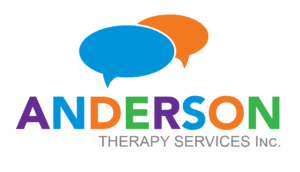Three Myths About Teaching Your Child Two Languages
When caregivers share that they are teaching their child two languages at home, they are sometimes met with a variety of questions from well-intentioned teachers, daycare staff, and family members. While answering these questions may be difficult, knowing the facts and myths surrounding bilingualism can be even harder to navigate.
Myth #1: Speaking two languages at home will confuse your child.
This misconception is often brought to light when a child is heard switching between languages. For example, if someone hears a child switch from French to English and say, “my chaise” (my chair), they may think the child is confusing the two languages. However, this style of speaking is called code switching. Even adults who speak proficiently in two languages will code switch in conversation. It is a common, natural and acceptable part of being bilingual.
Myth #2: Bilingualism will cause your child to have a language delay.
Sometimes caregivers worry that there is a language delay because their child appears to use fewer words in one language compared to their monolingual peers. It is essential to count the number of words that the child is using in both languages. For example, a monolingual child may use 100 words in English, while a bilingual child of the same age may use 50 words in English, and 50 words in French. While the bilingual child appears to be using less words, they have the same number of words in their vocabulary.
Myth #3: One caregiver must only speak in one language, while the other caregiver must only speak in the other language.
While this approach does work for some families, it is not necessary for the child to acquire both languages. Research shows that a variety of approaches lead to bilingualism. These approaches include both caregivers speaking the same language, switching between two languages throughout the day, or even code switching in the same sentences! Families should approach bilingualism in a way that works best for them.
To discuss your child’s speech and language development, contact us today to speak with a speech-language professional. Speech-Language Pathologists are trained to assess and recognize delays in speech and language and can offer advice and effective therapy programs to help support your child.






